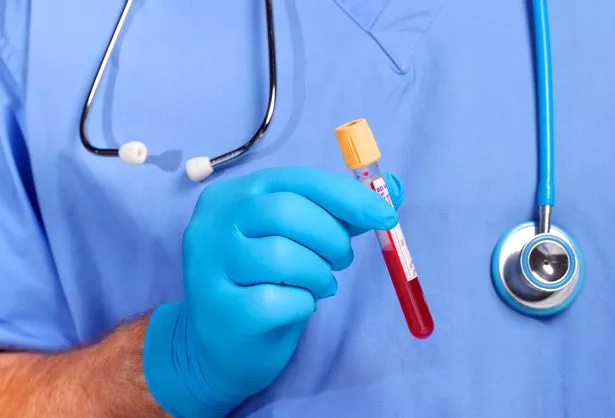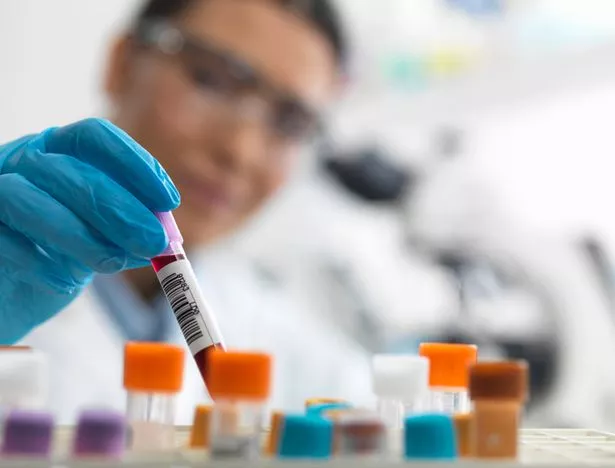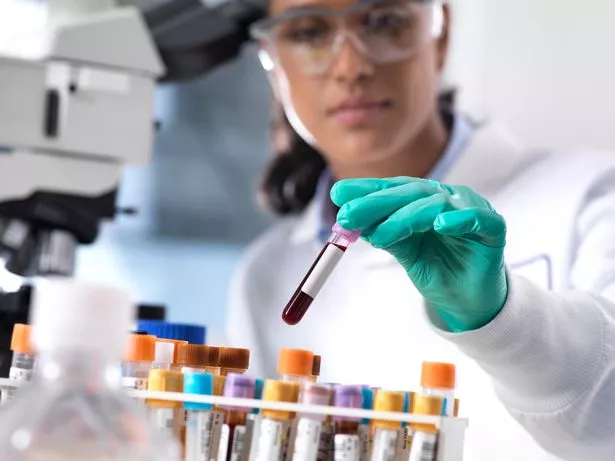NHS staff started testing people who turned up in hospital casualty departments across England and had to tell thousands that they’re living with a deadly disease
11:20, 29 Oct 2025Updated 14:41, 29 Oct 2025
 Thousands of patients told shocking news(Image: Getty Images)
Thousands of patients told shocking news(Image: Getty Images)
Thousands of people are living with undiagnosed diseases such as HIV, routine blood testing in A&Es has found.
An NHS initiative to routinely conduct blood tests on people who turn up on emergency wards has found over 4,000 people living with undiagnosed hepatitis B and C, which can lead to liver cirrhosis.
The UK Health Security Association has published the results of its bloodborne virus (BBV) testing programme at 34 A&Es in areas of highest HIV prevalence. It is part of a Government drive to end new HIV transmissions by 2030. One in every 2,000 people tested had HIV and half of these had late-stage disease.
 Doctors delivered the news to some patients who only came to A&E for minor ailments(Image: Getty Images)READ MORE: HIV breakthrough as new technology removes all traces of virus from infected cellsREAD MORE: UK facing biggest ‘super gonorrhoea’ outbreak in a century as Brits return from holidays
Doctors delivered the news to some patients who only came to A&E for minor ailments(Image: Getty Images)READ MORE: HIV breakthrough as new technology removes all traces of virus from infected cellsREAD MORE: UK facing biggest ‘super gonorrhoea’ outbreak in a century as Brits return from holidays
Public Health Minister Ashley Dalton said: “This groundbreaking programme continues to be a huge success, identifying infections that would otherwise have gone undiagnosed. By making testing a routine part of emergency care, we’re connecting patients with lifesaving treatment earlier and helping to protect the wider community.
“It also helps us in our goal to end new HIV transmissions by 2030, which depends on better access to testing and treatment. Every new or untreated diagnosis we identify represents someone who can now get the care they need.”
HIV (human immunodeficiency virus) is a virus that attacks the body’s immune system. Without treatment, it can lead to AIDS (acquired immunodeficiency syndrome). There is currently no effective cure. The NHS says that once people get HIV, they have it for life, but proper medical care can control the virus.
 Patients going undiagnosed are seeing their disease progress(Image: Getty Images/Image Source)
Patients going undiagnosed are seeing their disease progress(Image: Getty Images/Image Source)
Hepatitis attacks the liver and can lead to cirrhosis and liver cancer. One in 240 people tested was found to have hepatitis B while one in 1,276 people tested had hepatitis C.
The BBV programme saw A&E patients automatically tested for HIV, hepatitis B, and hepatitis C unless they opted out. Some 70% of eligible people agreed to be tested.
In the first 33 months of the scheme the following infections were identified in patients who were then offered life saving treatment:
3,667 new hepatitis B diagnoses831 new hepatitis C diagnoses719 new HIV diagnoses
Dr Claire Fuller, NHS England medical director, said: “The rollout of blood-borne virus testing in NHS emergency departments has been a gamechanger for the early detection of HIV and viral hepatitis – enabling thousands more people to get access to life-saving treatments, which prevent long-term health issues and reduce the chance of passing the viruses on to others.”
 Health leaders say there is a ‘clear and urgent need to do more to tackle these serious infections’ (stock)(Image: Getty Images/Westend61)
Health leaders say there is a ‘clear and urgent need to do more to tackle these serious infections’ (stock)(Image: Getty Images/Westend61)
Dr Sema Mandal, Consultant Epidemiologist and deputy director at the UKHSA, said: “The pioneering NHS opt-out testing programme in emergency departments is helping us reach thousands of people who did not know they were living with HIV, hepatitis B or hepatitis C. Many of these individuals might never have been tested otherwise – missing the chance to access life-saving treatment.
READ MORE: Fears deadly Marburg virus ‘arrived in Europe’ before two suspected cases test negativeREAD MORE: Ancient deadly disease overtaking Covid as experts warn UK faces ticking timebomb
“What we’re seeing is a clear and urgent need to do more to tackle these serious infections. The high number of new diagnoses across all three conditions shows just how many people are living with undiagnosed bloodborne viruses.
“We must improve awareness, expand testing and diagnosis and ensure people are supported into care and treatment. Early diagnosis can help prevent years of ill health and save thousands of lives.”

